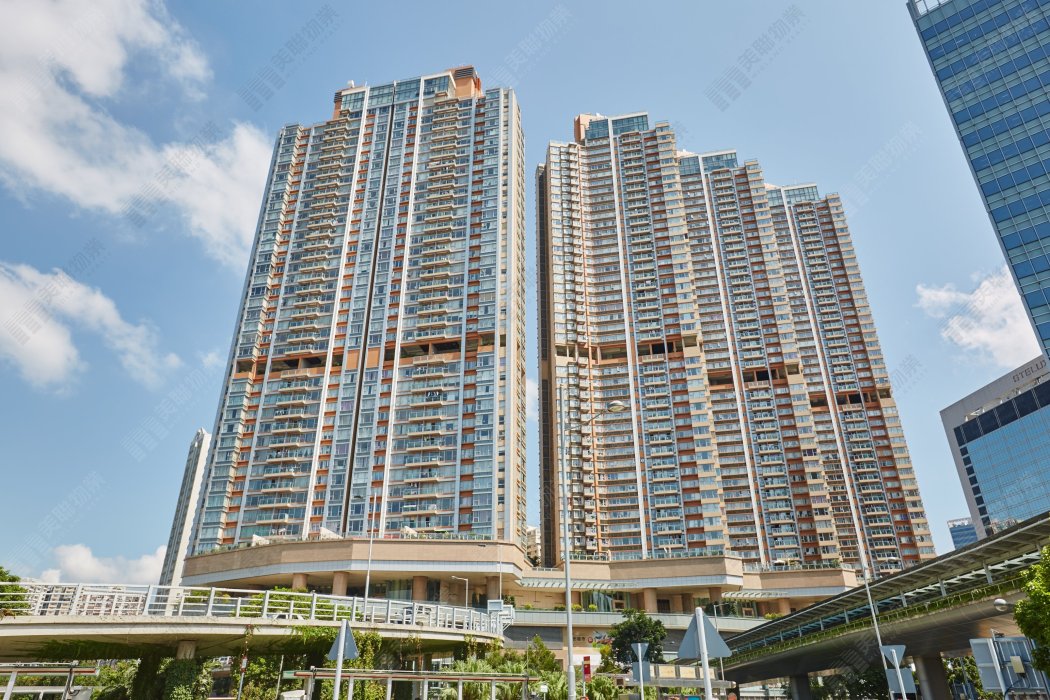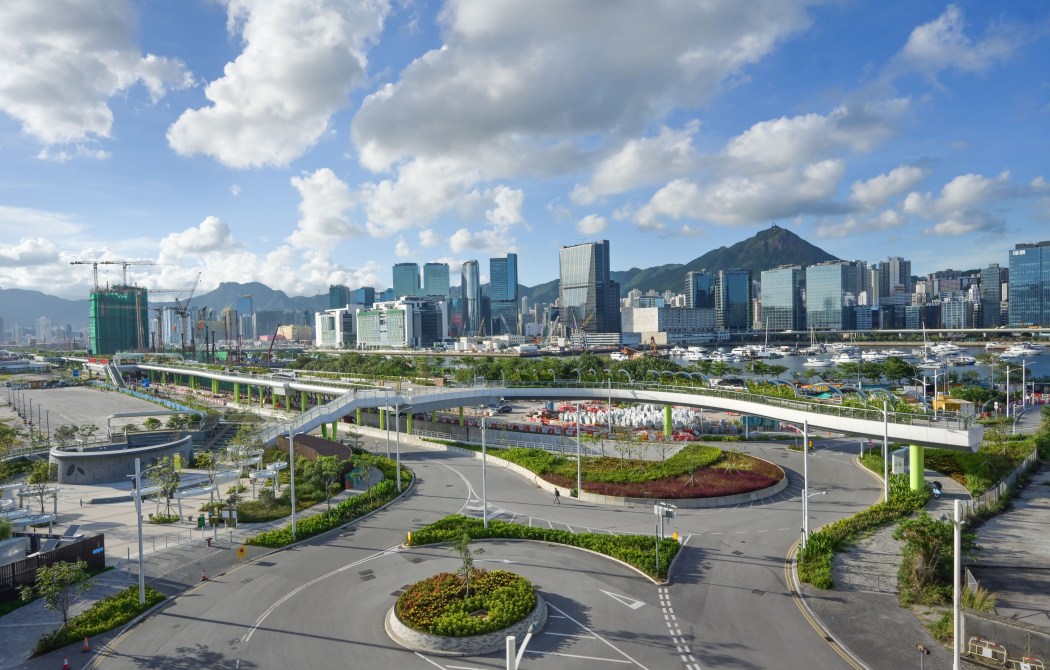The construction of low-income housing in Kai Tak could mean that the views of residents in some nearby private complexes were obstructed, a Hong Kong lawmaker has said.

Speaking on a Commercial Radio show on Wednesday, Kitson Yang said that Kai Tak residents had reservations about the city’s plan to build Light Public Housing (LPH) – the official name for the government’s short-term housing initiative – in their neighbourhood.
Yang said questions remained about whether the government was still intent on transforming the area into a second central business district (CBD), as was promised by former chief executive Carrie Lam in 2011, when she was secretary for development.
“[The residents] aren’t in opposition of the government addressing the subdivided flat problem,” Yang said, referring to the crowded units that many of Hong Kong’s poorest live in as they await public housing. “But is the project to turn Kai Tak into a CBD gone?”
In particular, lower-level residents of The Latitude – a luxury residential complex above shopping mall Mikiki in nearby San Po Kong – would have their view “completely blocked,” Yang said.

A number of private residential estates in the area look across the harbour and over Hong Kong’s skyline.
The Kai Tak site, located on Olympic Avenue, was among four announced by the government on Monday as having been earmarked for the construction of LPH blocks.
The LPH initiative, for residents of subdivided flats to move into while they waiting for public housing estates, was one of the major schemes announced by Chief Executive John Lee during his maiden Policy Address last October. It was designed to alleviate the city’s worsening housing problem – the average waiting time for applicants on the public rental housing list was six years as of June 2022, according to the Housing Authority.

An estimated 10,700 units will be built in Kai Tak, with plans to build more units in Ngau Tau Kok, Chai Wan and Siu Lam.
‘Energising Kowloon East’
Kai Tak, located on the eastern side of Kowloon, has been held up by the government as an ambitious project – called Kai Tak Development – that will see the neighbourhood transformed into a thriving commercial hub.
According to a government website, the plan was to develop “a distinguished, vibrant, attractive and people-oriented community by the Victoria Harbour.” Former leader Lam called the initiative “Energising Kowloon East.”
As the site of Hong Kong’s former airport which ceased operation in 1998, the district is known for having large lots of empty land. Plans for its redevelopment include the construction of Grade A office buildings and a world-class sports complex, among other facilities.

In 2013, the HK$8.2 billion Kai Tak Cruise Terminal opened. It was immediately criticised as being underutilised. Plans for a monorail that spanned the length of the old airport have been shelved.
In recent years, real estate developers have built several high-end residential estates in the district, and an MTR station opened in 2014 to serve the area.
Yang said Kai Tak was already home to a Covid-19 facility built during the fifth wave, while two transitional housing projects by NGOs are also being constructed.

“In the future, will there be other problems [where the government] will look to Kai Tak? What is the progress of [turning Kai Tak into] a CBD? Are there no other places to pick from?” Yang said.
The government has said that LPH projects will run for five years, but Yang said residents are worried that they could be prolonged.
The lawmaker applied for police permission to hold a protest in the district next Sunday, but said on Wednesday that he had withdrawn the application after learning that he would have the chance to meet with Secretary for Housing Winnie Ho to discuss the matter.
Correction 2.2: A previous version of this article referred to the HK$8.2 million Kai Tak Cruise Terminal. In fact, the cost was HK$8.2 billion. We regret to error.
Support HKFP | Policies & Ethics | Error/typo? | Contact Us | Newsletter | Transparency & Annual Report | Apps
Help safeguard press freedom & keep HKFP free for all readers by supporting our team

LATEST FROM HKFP
HKFP has an impartial stance, transparent funding, and balanced coverage guided by an Ethics Code and Corrections Policy.
Support press freedom & help us surpass 1,000 monthly Patrons: 100% independent, governed by an ethics code & not-for-profit.










